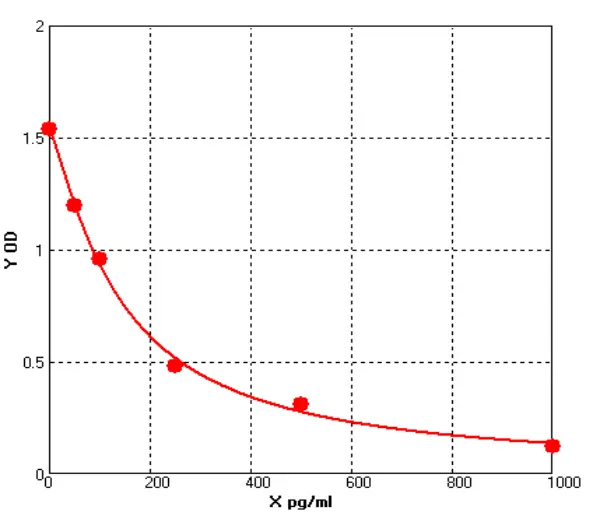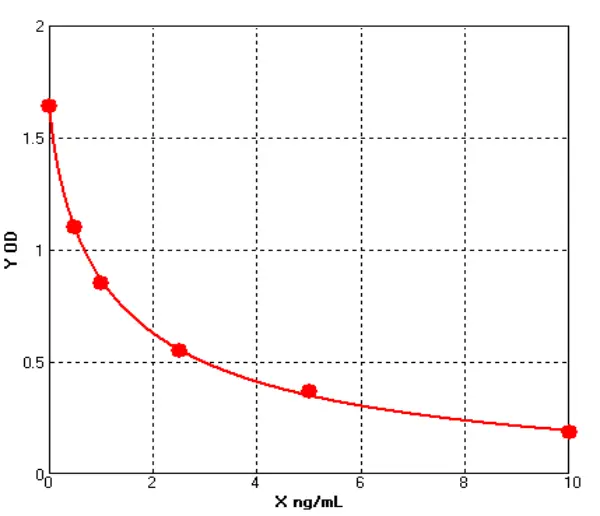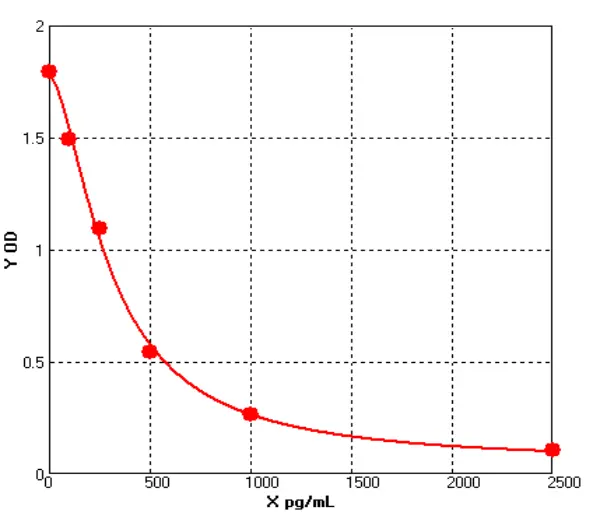Advances in ELISA Technology: A Case Study of Human Hepcidin
The balance of iron metabolism is crucial for human health, and human hepcidin plays a key role in regulating iron levels in the body. In recent years, ELISA technology has been widely used in iron metabolism research, particularly in the detection of human hepcidin. The Human Hepcidin ELISA kit provides researchers with an efficient and reliable quantitative detection method, driving progress in this field.
The Central Role of Human Hepcidin in Iron Metabolism
Human hepcidin is a small peptide synthesized by the liver, and its role in iron metabolism is unique. It regulates iron absorption and distribution to ensure stable iron levels in the body. High levels of hepcidin inhibit intestinal iron absorption and promote iron storage, preventing excessive iron accumulation. With the Human Hepcidin ELISA kit, researchers can accurately measure the concentration of human hepcidin in the blood, gaining deeper insights into its regulatory mechanisms in iron metabolism.
The Advantages of ELISA Technology
ELISA technology has become an essential tool for detecting biomarkers due to its sensitivity and high-throughput capabilities. In iron metabolism research, the Human Hepcidin ELISA kit enables rapid and accurate measurement of human hepcidin levels, helping researchers better understand its changes in various disease states. For example, in conditions such as chronic kidney disease, anemia, and inflammation, human hepcidin levels may undergo significant changes. ELISA technology can effectively capture these changes, providing data support for disease research and treatment.
Promoting Research into Disease Mechanisms
Abnormal regulation of hepcidin is closely related to various diseases, such as iron overload, anemia, and chronic inflammation. The application of the Human Hepcidin ELISA kit allows researchers to quantitatively analyze hepcidin expression under different conditions, further revealing its potential role in disease mechanisms. For instance, in patients with iron metabolism disorders, hepcidin levels are often dysregulated. ELISA technology can provide critical data for early disease detection, enabling researchers to explore more clinical applications.
Applications in Drug Development
The role of human hepcidin in drug development is also gaining increasing attention. The Human Hepcidin ELISA kit serves as an important detection tool in the process of drug screening and development, helping researchers assess the impact of drugs on iron metabolism. In the development of hepcidin-targeted drugs, precise detection of its changes will aid in monitoring drug efficacy and side effects.
Through the Human Hepcidin ELISA kit, the application of ELISA technology in iron metabolism research has made significant progress. This technology not only helps scientists gain a deeper understanding of the role of hepcidin in iron metabolism but also promotes the exploration of disease mechanisms and provides strong support in drug development. Bluegene Biotech offers high-quality Human Hepcidin ELISA kits, making iron metabolism research more efficient and precise.



